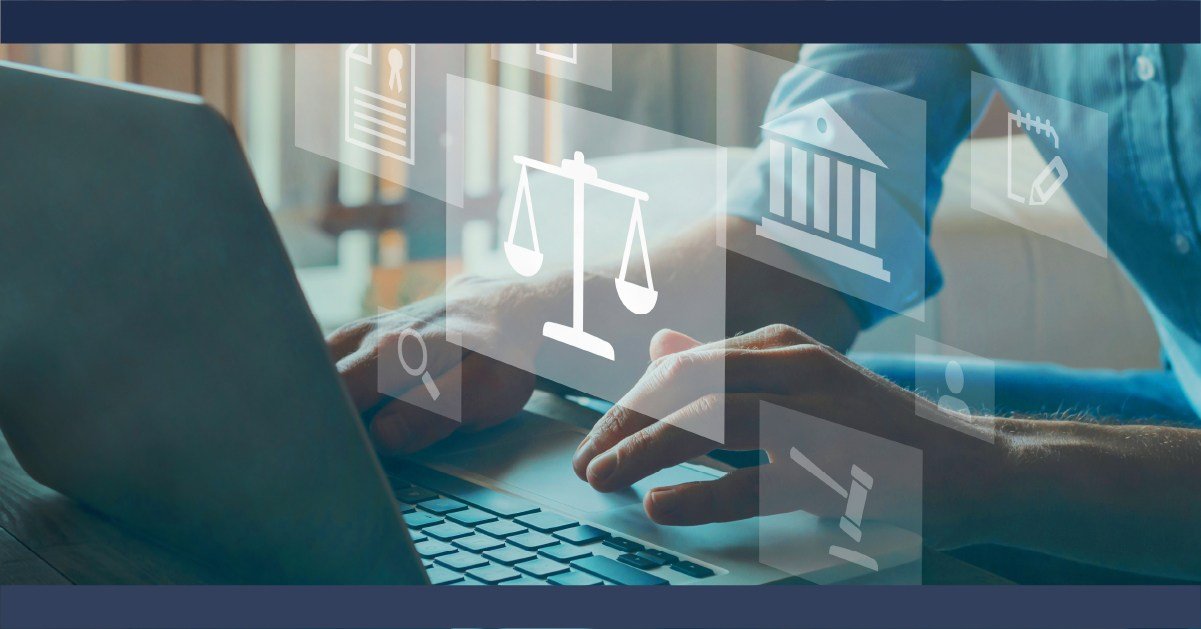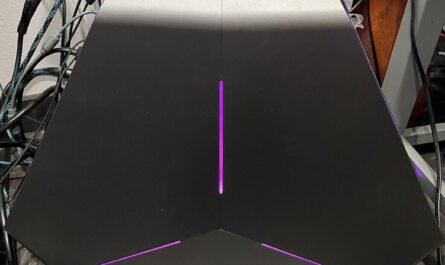The C.W. Park claim against the College of Southern California (USC) has started a cross country banter on issues going from scholarly respectability to institutional responsibility. This battle in court has not quite recently caused to see the stunning components inside high level training yet has moreover raised issues about the honest convictions of driving enlightening foundations. Understanding the nuances of this case and its potential repercussions requires a total gander at the nuances, discussions, and greater impact.
The Beginnings of the Claim: Unwinding the Account
At the heart of the controversy lies the alleged misconduct involving C.W. Park, a former business professor at USC.
Claims and Introductory Reaction
The lawsuit primarily focuses on the accusations of academic dishonesty, manipulation of research data, and breach of professional ethics by C.W. Park USC Lawsuit. As these allegations surfaced, USC faced the challenge of responding to the situation while balancing its commitment to academic rigour and due process.
All through the underlying stages, USC’s reaction to the charges assumed a vital part in forming public discernment and lawful talk. The organization’s treatment of the matter set up for what might ultimately turn into an extended fight in court.
Influence on Scholarly People group
The unfolding events surrounding the lawsuit had far-reaching consequences within the academic community, influencing discussions on research integrity, institutional oversight, and the protection of academic freedoms. The repercussions of such high-profile cases often extend beyond the specific individuals and institutions involved, impacting broader trust in academic systems.
Court Elements
The legal battle between C.W. Park and USC unfolded through a series of courtroom proceedings, motions, and hearings. The dynamics within the courtroom not only showcased the arguments put forth by both parties but also highlighted the complexities inherent in litigating cases of this nature.
Point of reference Setting
The outcomes of this lawsuit have the potential to set precedents for similar cases in the future, shaping the legal landscape concerning academic conduct, institutional liability, and faculty rights. The decisions made by the courts could establish benchmarks for addressing academic disputes and defining the boundaries of institutional responsibility.
- List of Legal Implications
- Definition of academic misconduct in a legal context.
- Establishment of institutional liability in cases of alleged faculty misconduct.
- Clarification of faculty rights and due process in academic disputes.
Rundown of Legitimate Ramifications
The unfolding events captured the attention of the media and the public, triggering discussions on a wide array of issues, including academic ethics, institutional governance, and the broader implications for higher education.
Media Accounts
Media coverage played a pivotal role in shaping public opinion and understanding of the lawsuit. The narratives constructed around the case reflected varying perspectives, with some highlighting the need for robust institutional oversight and others emphasizing the importance of safeguarding academic freedoms.
Public Talk
The lawsuit prompted conversations about the responsibilities of educational institutions, the challenges of maintaining academic integrity, and the impact of legal battles on the reputation of both individuals and organizations. These discussions transcended the specifics of the case, delving into broader societal concerns about the state of academic ethics and institutional accountability.
- Table 2: Key Media Themes
Media Narrative
Emphasis
—
————-
Institutional Oversight
Focus on the role and responsibilities of educational institutions in ensuring academic integrity.
- | Academic Freedoms | Discussion regarding the importance of protecting the academic freedoms and rights of faculty members. |
Adjusting Scholastic Opportunity and Obligation
The lawsuit brought ethical considerations and questions of academic integrity to the forefront, necessitating a nuanced examination of the underlying principles and their application in real-world scenarios.
Balancing Academic Freedom and Responsibility
The case underscored the delicate balance between upholding the academic freedom of faculty members and ensuring the responsible exercise of that freedom. It prompted introspection on the ethical obligations of scholars and educators within the academic community.
Institutional Commitments
In the wake of the lawsuit, discussions emerged about the role and obligations. Of institutions in fostering an environment conducive to ethical scholarship and research.
- List of Ethical Considerations
- Faculty autonomy and academic expression.
- Obligations of institutions in upholding ethical standards.
- Maintaining public trust in academic research.
Future Implications and Lessons Learned: Charting a Course Forward
Looking ahead, the lawsuit and its aftermath present an opportunity to glean valuable insights and chart a course towards fostering a more transparent, accountable, and ethically sound academic landscape.
Reformation Initiatives
In response to the lawsuit, initiatives aimed at strengthening institutional oversight, refining policies related to academic conduct, and bolstering support structures for ethical research practices gained prominence. The focus shifted towards proactive measures to prevent similar controversies in the future.
Instructive Objectives
The case served as a catalyst for educational efforts aimed at nurturing a heightened awareness of academic ethics and integrity among students, faculty, and administrators.
- Table 3: Post-Lawsuit Initiatives
Initiative
Description
—–
—————-
Policy Review and Revision
Evaluation and enhancement of existing institutional policies related to academic conduct and research integrity.
Ethical Education Programs
Implementation of educational programs focused on ethical decision-making, research integrity, and scholarly conduct.
- | Collaborative Governance Structures | Development of collaborative models for governance that emphasize transparency, accountability, and ethical oversight. |
FAQs: Addressing Common Questions
What were the particular charges against C.W. Park USC Lawsuit?
The allegations included instances of academic dishonesty, manipulation of research data, and breach of professional ethics.
How did the claim affect the more extensive scholarly local area?
The lawsuit prompted discussions and debates on issues such as academic integrity, institutional oversight, and the protection. Of academic freedoms, impacting trust in academic systems.
What legitimate points of reference could be set by the results of this claim?
The outcomes could define academic misconduct in a legal context, establish institutional liability, and clarify faculty rights in academic disputes.
What examples could instructive establishments at any point draw from this claim?
Institutions can learn the importance of instituting robust oversight mechanisms, promoting transparency, and fostering. A culture of accountability and ethical scholarship.
How could the result of this claim shape the fate of scholarly respectability?
The aftermath can lead to reformation initiatives focusing on policy revision, ethical education programs, and collaborative governance structures, shaping a more ethically sound academic landscape.
Conclusion: Toward a Renewed Commitment to Ethical Scholarship
The C.W. Park USC lawsuit serves as a reminder of the complex interplay between academic freedom, institutional responsibility, and the imperatives of ethical scholarship.




